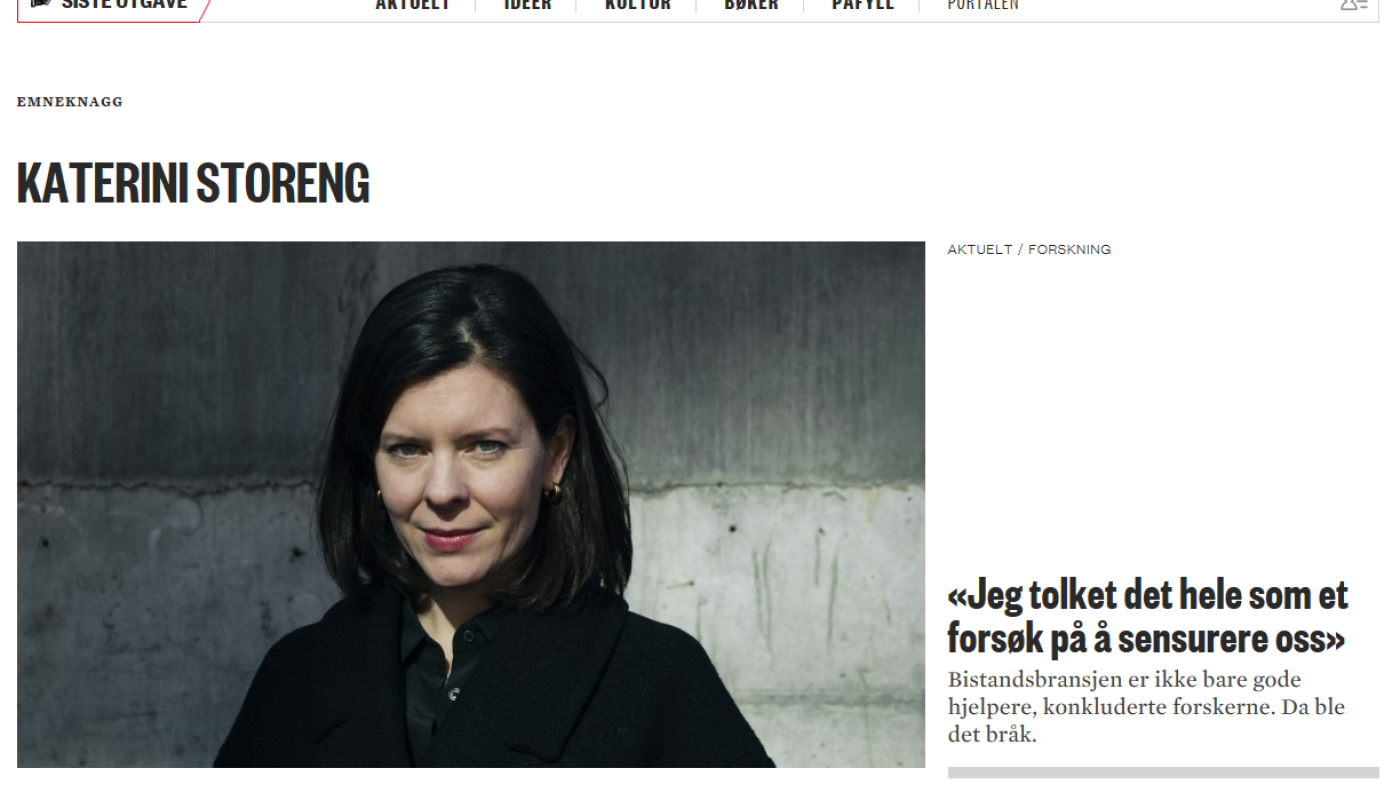Katerini Storeng & Jennifer Palmer write on when ethics and politics collide in donor-funded global health research.
Storeng writes of the need to safeguard research independence. Read the Viewpoint in The Lancet.
“’tick-box evaluation’ designed to please donors”
Storeng and Palmer say that “donors are under intense pressure to show that their investments deliver results.” The two write about “broader trend of donors and implementing partners who deliberately use ethical and methodological arguments to undermine essential research.” They say that this is increasingly important ”in a context of chronic underfunding of universities and their growing dependence on donor-driven research grants,” and they “propose several structural and cultural changes to prevent manipulation of research governance systems and to safeguard the independence of research.”
The changes they say are necessary include:
- “uninhibited debate on the behind-the-scenes dynamics of research and evaluation”
- “better systems for redress for researchers whose independence is threatened”
- “universities [better assuming their] duty to contribute evidence to public policy making and to protect[ing] academic integrity.”
“I experienced it as censoring”
Morgenbladet, which describes itself as “an independent weekly paper about politics, culture and research” wrote a large, well-researched, thoughtful piece 29 March commenting the story. Read the article in Morgenbladet.
Meeting the challenges of commission research
Sidsel Roalkvam, Director of the Centre for Development and the Environmentat the University of Oslo, where Storeng is Associate Professor, was also interviewed in the Morgenbladet article.
Roalkvam says that society is changing. NGOs and the roles they play are also changing. She says that NGOs have become large multi-national companies with an image – a brand – to uphold. Success attracts funding. Roalkvam underlines that it is interesting and important to study organisations as they change, but that this is a difficult and politically-charged research area. According to Roalkvam, large organisations do not tolerate criticism well – and certainly not that the aim of the criticism might be to make the activity even better.
Roalkvam concluded by saying that evaluation commissions are particularly difficult. She suggests that if one undertakes such a task, one try to hold the focus on concrete impacts: how many lives saved, how many interventions undertaken, etc.
Response from the NGO’s and Government Agency
Morgenbladet also contacted the organisations involved. Their responses underlined that in such a politically sensitive situation, the danger to field workers and study participants if all the research results had been made public, justified asking for quality control and ethical re-consideration of the results.
Related links:
Morgenbladet article(in Norwegian)
News item on the University of Oslo website
Article about Academic freedom by UiO’s Rector in Khrono
Lancet Viewpoint article (2019): When ethics and politics collide in donor-funded global health research

